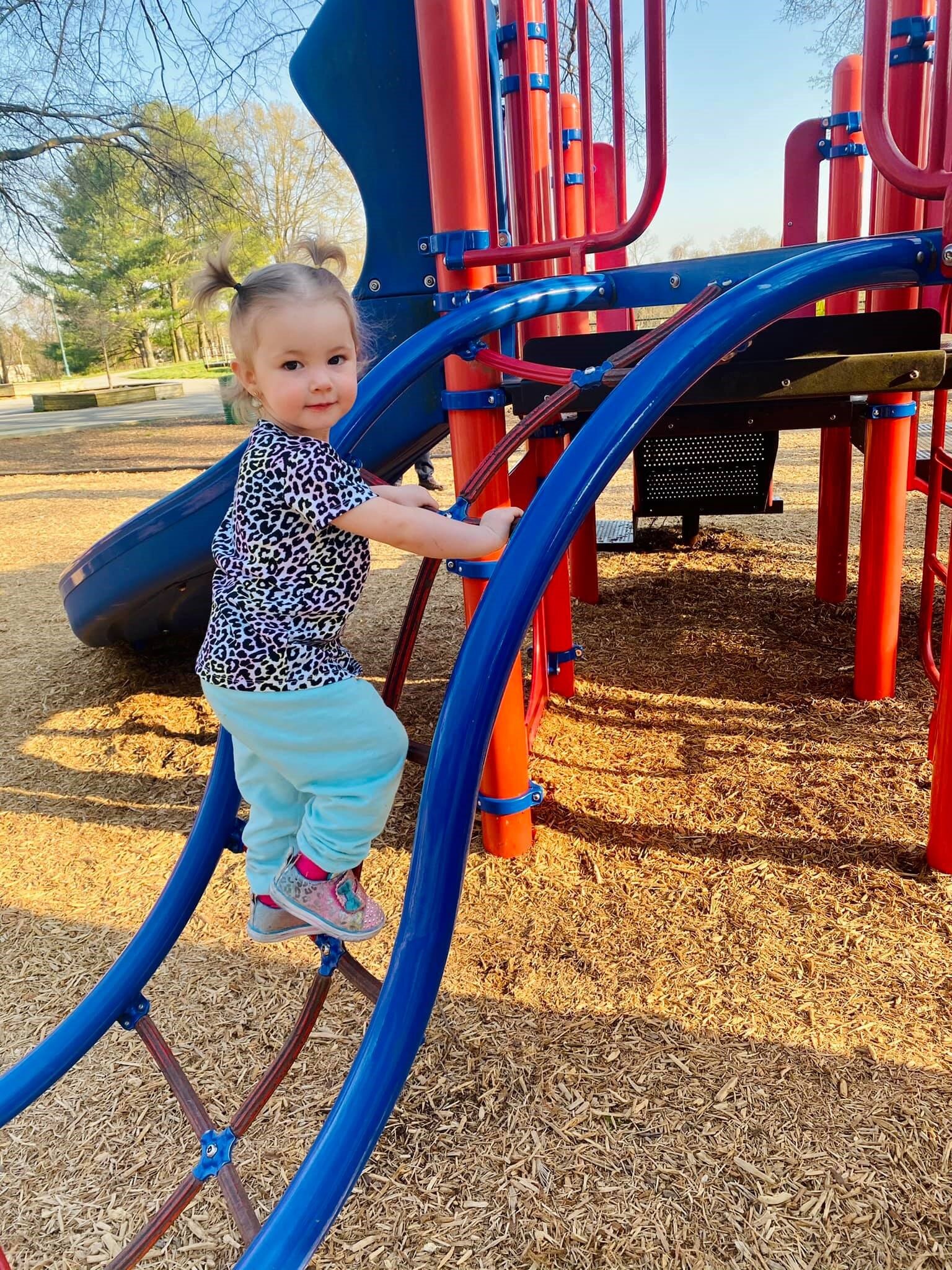Lay Lady Lay: Exaggeration is Fatal Flaw in Superior Court’s Affirmation of Employer’s Term Petition
A recent decision of the Superior Court, affirming the IAB’s decision that Claimant’s total disability period ended. Claimant appealed arguing that the IAB’s findings were not supported by substantial evidence, focusing on Dr. Kates’ (Employer’s expert) “inconsistent” testimony when he testified that Claimant’s injuries reached maximum medical improvement and therefore, resolved. Claimant cited the differing definitions of “maximum medical improvement” and “resolved” as being a contradiction in terms. The Superior Court found that the IAB’s acceptance of Kates’ testimony, even with slight definition inconsistency, constitutes substantial evidence to find Kates more credible and to sustain its findings. Essentially, we have another decision where the Superior Court defers to the IAB’s credibility determinations in the battle of the experts. Davalos v. Allan Indus. Inc., C.A. N19A-10-006 CEB ( March 31, 2021)
We always find it interesting when the term “maximum medical improvement” or “MMI” is referenced in litigation. Unlike some neighboring jurisdictions, “MMI” does not have legal significance under DE comp law, and is in fact at odds with the notion that we are a “palliative care” or “maintenance care” jurisdiction per the case law and Section 2322. The concept of “resolved,” on the other hand, has significant medical and legal ramifications in the context of an open comp claim.
A review of the IAB decision below, Allan Indus. Inc. v. Davalos, IAB Hr’g No. 1469864 (Sept. 17, 2019), offers much to support the conclusion of the reviewing Court. Dr. Kates was the defense medical expert, whose opinion was no doubt impacted by the severity of physical complaints out of proportion to clinical findings, and also in contradiction to the surveillance evidence put forth by the Employer. Lest you think the outcome here was unduly harsh, here are some of the indicia of the “exaggeration” in question:
Claimant repeatedly presented to Dr. Eskander having to be examined in the sole posture of laying on a stretcher;
Some of the objective clinical exam was limited by prohibitive pain complaints;
The clinical exam was essentially normal to include neurologic and reflex exam;
Dr. Eskander never performed range of motion testing due to Claimant’s repeated presentation in the supine position;
Surveillance evidence confirmed that Claimant was able to taxi her 4 children from place to place;
Claimant’s slow and deliberate gait demonstrated at the DMEs was not replicated elsewhere including on the surveillance films;
Claimant did not obtain the recommended PT alleging that Spanish-speaking therapists do not exist.
The IAB was well-served by the detailed and reasoned discussion of the basis of its opinion, holding up this case in contrast to several recent reversals on appeal for lack of sufficient evidentiary findings or legal analysis.
More to follow, as there are any number of cases in the queue that merit discussion. So many cases, so little time!
Last but not least, my granddaughter, Vivie, turns 2 this weekend. Unlike the claimant, her range of motion and gait are unimpaired. :-)
Irreverently Yours,
Cassandra Roberts & Caroline Kaminski

